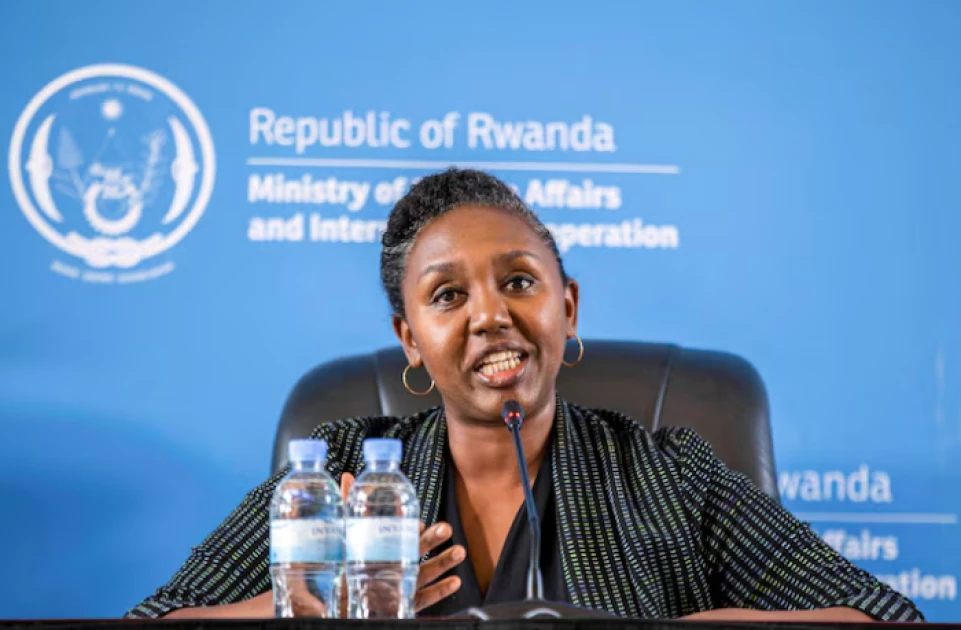Rwanda has agreed to receive up to 250 migrants deported from the United States under a new bilateral agreement signed in Kigali, Rwandan officials confirmed. The deal, which was finalized in June, is part of U.S. President Donald Trump’s broader immigration crackdown strategy.
Rwandan government spokesperson Yolande Makolo said the decision reflects the country’s core values rooted in rehabilitation and reintegration, noting, “Nearly every Rwandan family has experienced the hardships of displacement.” Makolo emphasized that migrants accepted under the agreement will receive workforce training, healthcare, and accommodation support to help them integrate into Rwandan society.
The agreement allows Rwanda to vet each individual proposed for resettlement. An initial list of 10 individuals has already been sent by U.S. authorities for consideration. Rwanda will only admit those with no ongoing criminal cases or who have completed prison terms, and child sex offenders are explicitly excluded. Deportees are not obligated to remain in Rwanda and may leave at their discretion.
The U.S. will support Rwanda through an unspecified grant, finalized in July, to assist with the resettlement process. Although the deal initially covers 250 migrants, it can be expanded through mutual agreement.
This is not Rwanda’s first migrant arrangement with a Western nation. In 2022, it signed a similar deal with the UK to take in asylum seekers. However, that agreement was later canceled by UK Prime Minister Keir Starmer after facing significant legal and political opposition.
The Trump administration has actively pursued third-country deportations as a way to remove migrants, particularly those with criminal records. Critics have denounced the practice as dangerous, warning that deportees may face insecurity and isolation in unfamiliar countries.
Despite human rights concerns, Rwanda has positioned itself as a migration partner for Western nations. Its leadership, under President Paul Kagame, is praised for economic development but has faced ongoing scrutiny from rights groups.
The new deal with the U.S. reflects Rwanda’s strategic role in global migration politics, even as the legal framework for third-country deportations continues to face court challenges in the United States.

